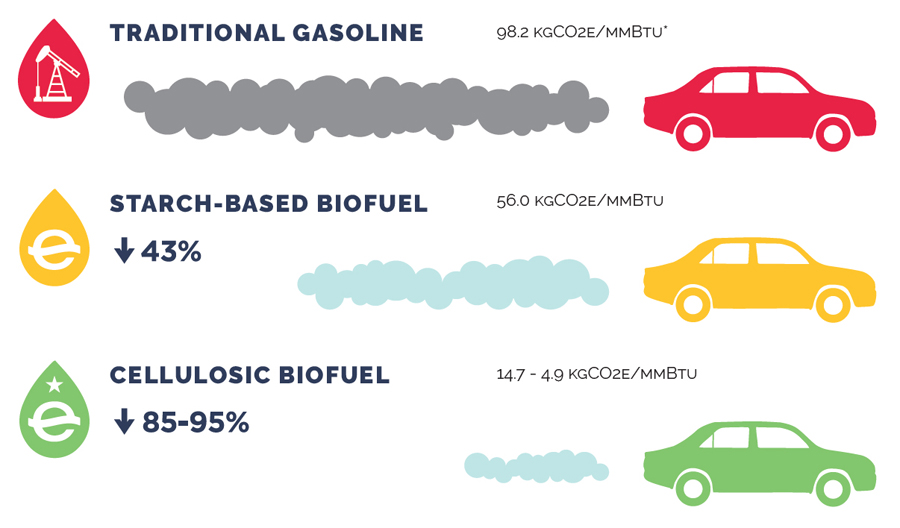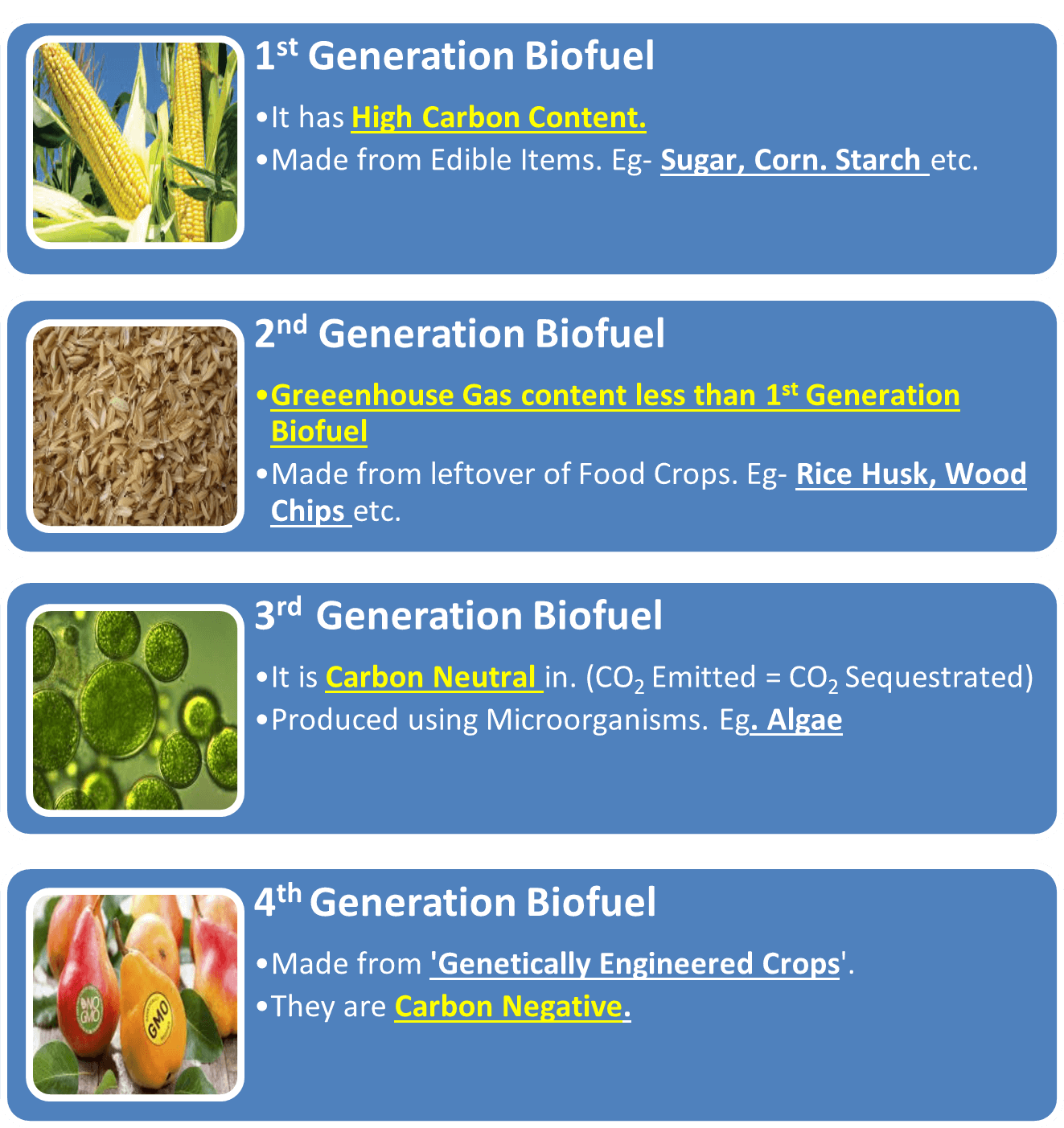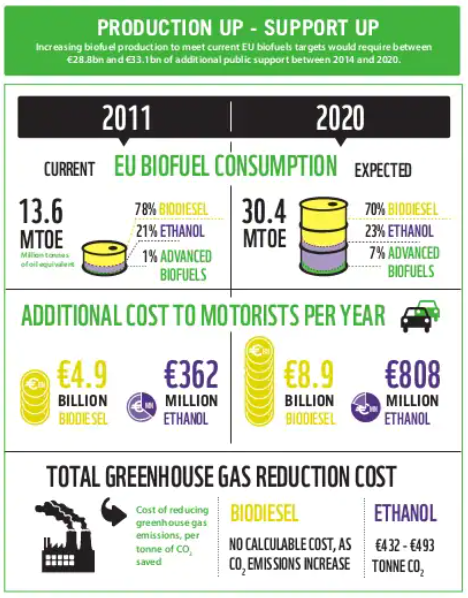World Biofuel Day 2021: Not a single day is enough to raise concern about promoting unconventional fuel sources that has been serving as an alternative to the ones killing our Environment.
IPCC report has been out and we know now that denial cannot protect us from the upcoming danger to humanity.
Also, through the scientific community’s efforts, we have ascertained that Carbon offsets are going to denigrate the very attempts to cut our emissions as we will have another option to emerge as Net-zero even though we continue to increase our emissions.
This is such a big dilemma for us as most of us don’t have the idea on how to proceed from here. Adopting Sustainability, correcting ecological imbalances and addressing mitigation techniques can save the world.
But there are many pathways being offered, none clarifies the actual targets.
The way humans will exploit biofuels will render an impactful future as these can ensure growth and cleaner consumption attitudes.
Biofuels: The renewable-cum-biodegradable sources of energy
The term is used to denote any sort of fuel which can be generated from biotic or organic materials such as agricultural wastes, trees, crops, food waste etc.
The fuel gets simply extracted from a carbon source which can be replenished within a short interval of time (days, weeks or maybe months) so as not to endanger natural resources.
Therefore, biofuel succeeds in achieving the twin benefits of lesser carbon emissions into the surroundings and waste management.
Biofuels may be segregated as solid (wood, dried plant material, manure), liquid (Bioethanol/biodiesel) or gaseous (Biogas or syngas) in nature.
While there lies another classification to it:
1st generation biofuels or the conventional biofuels are made from materials like sugar, starch, or vegetable oil i.e. food products.
2nd generation biofuels or advanced biofuels, are produced from sustainable feedstock or non-food biomass which acts as residual waste from industries as well as households like used frying oil.
3rd generation biofuels are the ones derived from algae and exhibit a unique production mechanism that removes most of the drawbacks involved with previous biofuels (1st and 2nd gen).
4th generation biofuels are the ones genetically engineered to be harvested as biomass just so it can process and yield high amounts of carbon.
Biofuels have caught our attention in the last decade but we are currently struggling to use it more efficiently in our fuel supplies. It has become imperative to drive and be updated to the developments in this strategic field.
India and its concerted efforts to promote Biofuels:
On this day PM Narendra Modi participated via video conferencing in the World Environment Day event online. He released a “Report of the Expert Committee on Road Map for ethanol blending in India 2020-2025”.
Why India is investing its time over these fuels?
“The growing use of biofuel will be an inestimable contribution to the generation of income, social inclusion and reduction of poverty in many poor countries of the world.” Says Lula da Silva.
The idea of Biofuels is very intrinsic to the idea of “Father of the Nation” wherein he hoped of sufficiency and always promoted the conventional thought of “ends shall justify the means”.
India’s ambitions of Biofuel blending auger well with the ongoing government initiatives such as Make in India, Swachh Bharat Abhiyan etc. with the aims of doubling the Farmers Income, Import Reduction or waste to wealth creation.
Since 2014, GOI has worked to increase Biofuels’ usage in the economy.
There have been major interventions by government to simply the procedures for OMCs (Oil Management Companies) to enhance ethanol procurement produced through discarded organic materials for blending.
Bobby Jindal said once: “We should increase our development of alternative fuels, taking advantage of renewable resources, like using corn and sugar to produce ethanol or soybeans to produce biodiesel.”
National Policy on Biofuels-2018 got formulated with an objective of reaching at least 20% ethanol-blending and 5% biodiesel-blending by 2030.
This encourages the use of feedstock for ethanol production, provides incentives for production of advanced biofuels and even increased the price of C-heavy molasses-based ethanol.
In addition to the energy production, it yields various ethical services like increasing additional income for farmers, utilize wastage from agriculture, ensure a cleaner environment and above all decrease import dependence with increased blending.
Nothing ends with a day; good things continue on.
Advantages of Biofuels need to be appended to greater benefits for the needy, the already-ailing environment and even the economy that’s has been struggling slowdown and lesser demand than ever.





Despite its problems, climate change remains a major threat. On the one hand, the country has reduced carbon dioxide emissions by 18 percent, but they have a long way to go.